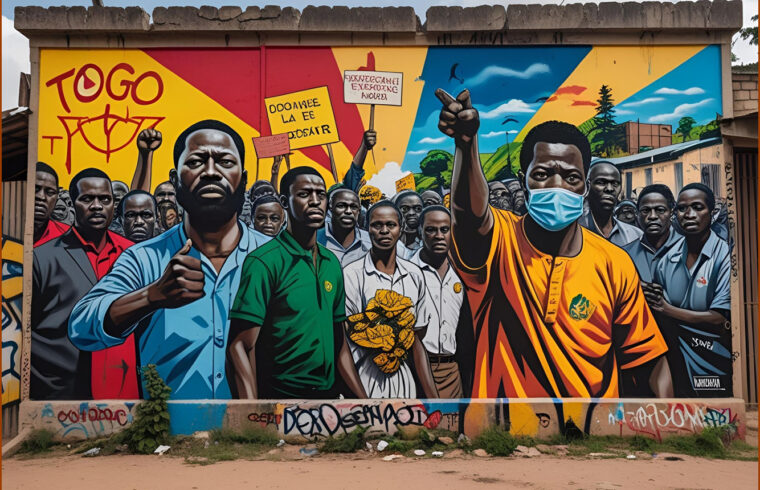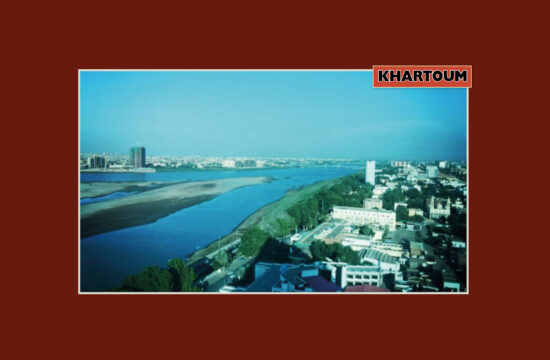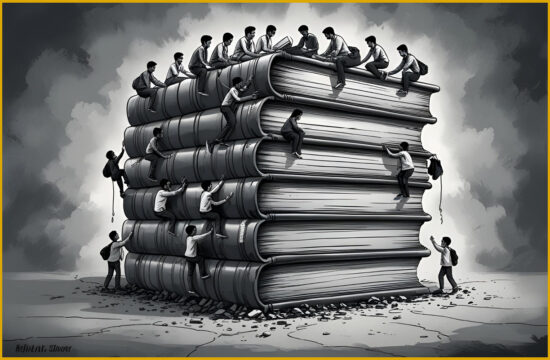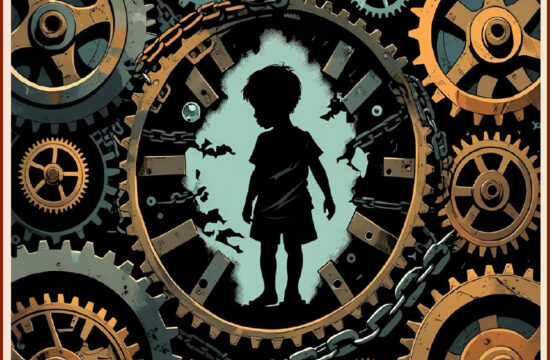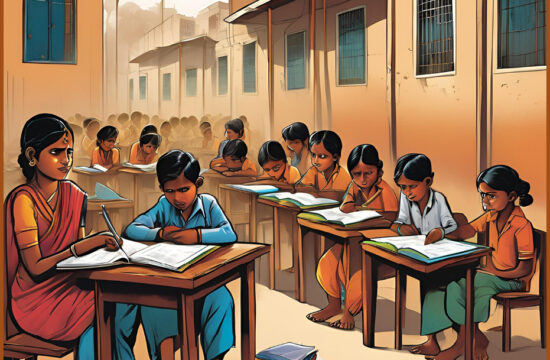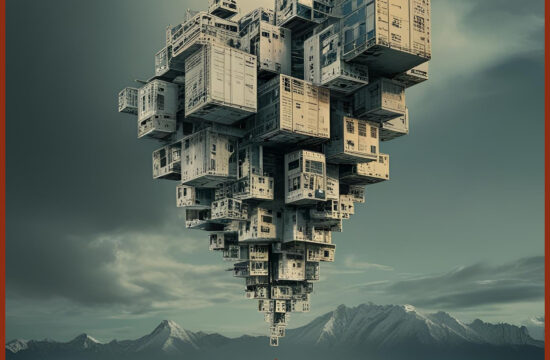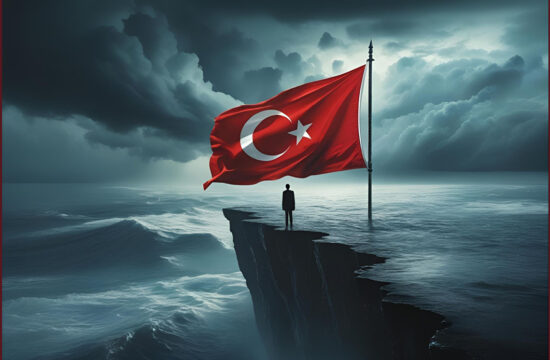Synergy of Students and Pupils of Togo Communication UNIT
picture: Created with AI
Context
Togo is one of the smallest countries in West Africa. It gained independence on April 27, 1960, but experienced its first military coup on January 13, 1963, during which President Sylvanus Olympio was assassinated. Four years later, Étienne Eyadéma, who would become known mas Eyadéma GNASSINGBÉ and who claimed responsibility for Olympio’s assassination, took power and ruled the country with an iron fist until his death on February 5, 2005.
Upon the announcement of his death, the military seized power in violation of the constitution and handed it over to Faure GNASSINGBÉ, Eyadéma’s son. Faure’s rise to power in 2005
led to significant unrest, resulting in over 500 deaths according to the United Nations, and nearly 1,000 deaths according to the Togolese League for Human Rights (LTDH). Faure GNASSINGBÉ has ruled the country from 2005 to the present day.
Current Situation
After ruling for 20 years, Faure GNASSINGBÉ decided to completely change the constitution, plunging the country into a custom-designed parliamentary system. Under this
new system, he steps down from the presidency to become President of the Council of Ministers, while handpicking allies and concentrating all powers in his hands. The presidency of the republic becomes merely an honorary position.
Over the past 20 years, the country has only stagnated and regressed. There are no well-equipped hospitals, no proper road infrastructure, and no decent vocational centers, schools, or universities have been built.
Instead, unemployment has sky-rocketed to unimaginable levels, forcing young people to migrate across the region and beyond. The cost of living has worsened significantly since the COVID-19 pandemic. With extremely low purchasing power, the majority of the population lives in poverty, while repeated reports from the Court of Auditors reveal massive embezzlement of public funds.
In terms of civil liberties, political opponents, civil society actors, activists, and journalists are systematically hunted down, imprisoned, killed, or forced into exile. To date, there are at least 115 political prisoners, including a mother with a baby under five months old. Since 2022, at least 12 journalists have gone into exile. Any dissenting or critical opinion against the regime is harshly punished.
On May 26, 2025, a rapper and activist named Aamron was arrested at night in front of his wife and children. He was known for being one of the few voices publicly opposing the regime. After his arrest, he was severely tortured, declared mentally unstable, and forcibly sent to the Zébé psychiatric center.
His arrest sparked major tension and protests in the capital on June 6, 2025. Following these peaceful demonstrations, dozens more were arrested and subjected to inhumane and degrading treatment. This includes comrade Bertin BANDIANGOU, National President of the Synergy of Students and Pupils of Togo (SEET), who recounted:
“On Friday, June 6, 2025, while I was participating in a peaceful protest with other youths demanding better living conditions, I was arrested and taken to the anti-gang brigade in Djid-jolé, where I was detained for over 72 hours along with other protesters.
I offered no resistance during the arrest. Once at the detention center, the captain leading the arresting team began punching and slapping me. According to him, it was unbelievable that someone with a disability would also dare to protest.
I was then locked up in a cell with those who had been arrested earlier and those who came after. Later that same day, a commander came by with a knotted rope and beat us all while we sat.
Our phones were confiscated, and we were forced to hand over our passwords. In the afternoon, we were interrogated one by one several times, by different people, without any lawyers present. We spent the night in that cell—men and women together—with only one bucket of water for all our needs.
On Saturday morning, between 6:30 and 7:00 AM, we were taken in groups of five to a hallway for torture. This involved pouring cold water over us and whipping us with ropes. When it was my turn, the same commander from the previous day took out his phone and filmed me. He asked me to say I regretted protesting, that I would never do it again, that I would urge other youths not to protest, and that I would resign from my position as President of SEET upon release. They only stopped beating me when I repeated what they asked. After the torture, I was shivering from the cold water poured on me.”
Since his release, the comrade President has been recovering and taking care of his health.
Since June 25, internet access in Togo has been drastically restricted, and social media platforms such as TikTok, Facebook, and Telegram are completely inaccessible. Today, a new wave of tension is rising as more and more citizens publicly and openly express their outrage over the social media blackout. They have given the government until August 5 to fully restore access to the internet.

